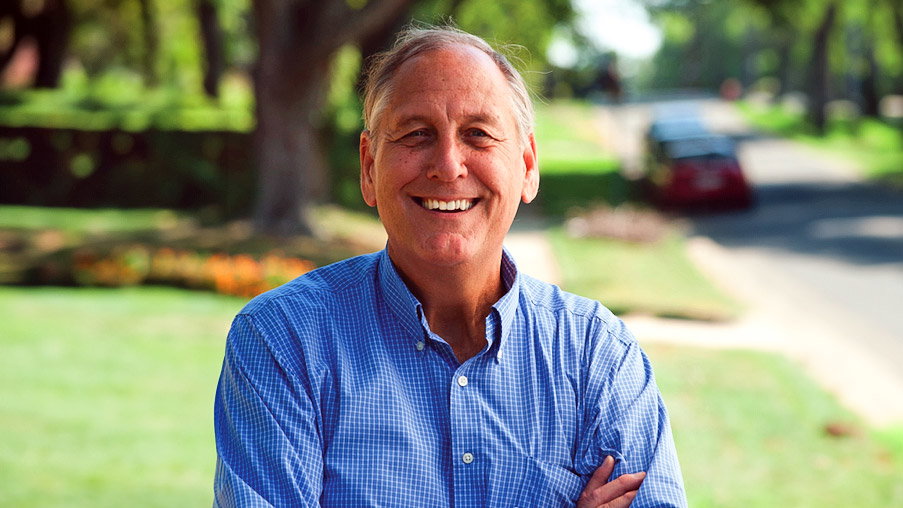
Virginia State Senator David Marsden, representing Fairfax County, plans to reintroduce legislation allowing the county to hold a referendum on constructing a casino. While last year’s legislation did not progress, Marsden envisions an expansion beyond just a casino in his proposal this year, pairing the property with a convention center, concert hall, hotel, and additional amenities.
Marsden’s favored site is Tysons Corner, an area close to the Maryland border, known for its affluent shopping centers. However, the legislation is flexible, allowing the county to choose a location near Silver Line Metro stations, including Reston.
The proposed casino development, if placed along the Silver Line, could positively impact Dulles Airport, offer employment opportunities through unions, and possibly generate substantial revenue for the county.
Despite Fairfax County being an economic powerhouse historically, the post-pandemic reduction in demand for office spaces has created a fiscal challenge. Marsden believes that embracing change and considering casino gambling for revenue could aid in addressing these fiscal challenges.
Marsden stated: “I don’t like the lottery. I don’t like any of it. But we have to be practical, not naive.” He emphasizes that the wealthiest region of Virginia should not be excluded from gaming revenue discussions.
While a Northern Virginia casino is under consideration, past referenda for casinos in Richmond and a slots parlor in Manassas Park faced rejection from approximately 58% of voters in both cities, leading to skepticism among some constituents.
Opponents of the casino plan, such as Fairfax County Supervisor Walter Alcorn, argue that locating a casino along the Silver Line would misuse the region’s prime real estate. Alcorn highlights concerns about the potential influence of pro-casino interests on referendum outcomes.
Supporters of the casino project, allegedly backed by a well-funded lobbying effort, include corporate officers from Comstock, a developer collaborating with Marsden on the casino initiative. The formation of a political action committee, “Building a Remarkable Virginia,” by these officers has raised substantial funds in recent months.
While casinos have been approved and launched in various Virginia cities, a study commissioned in 2019 by the Joint Legislative Audit and Review Committee suggested that a Northern Virginia casino could potentially generate $155 million in annual tax revenue, significantly more than the expected earnings of a Richmond casino.
Marsden’s bill has garnered support from various quarters at both state and local levels, including incoming Senate Majority Leader Scott Surovell, who expressed frustration over Maryland benefiting from Virginia’s casino customers.
At a local level, opinions among county board members differ, with some expressing willingness to support a referendum, while others await more concrete legislative proposals. Pat Herrity, the lone Republican on the board, sees merit in the casino paired with a convention center, mentioning developer interest in bidding on the project.
Some representatives, like Dalia Palchik, remain open to legislation that allows citizen input through referendums and regular county approval processes, indicating that the decision-making process will involve careful consideration of various factors.
The Vienna Town Council, however, issued a resolution opposing a casino, citing concerns about potential negative traffic and unintended consequences in the town, which neighbors Tysons Corner.
Governor Glenn Youngkin’s office refrained from commenting on whether he would sign a casino bill.
Original article: https://www.yogonet.com/international/noticias/2024/01/02/70239-virginia-lawmaker-to-reintroduce-fairfax-county-casino-referendum-proposal















